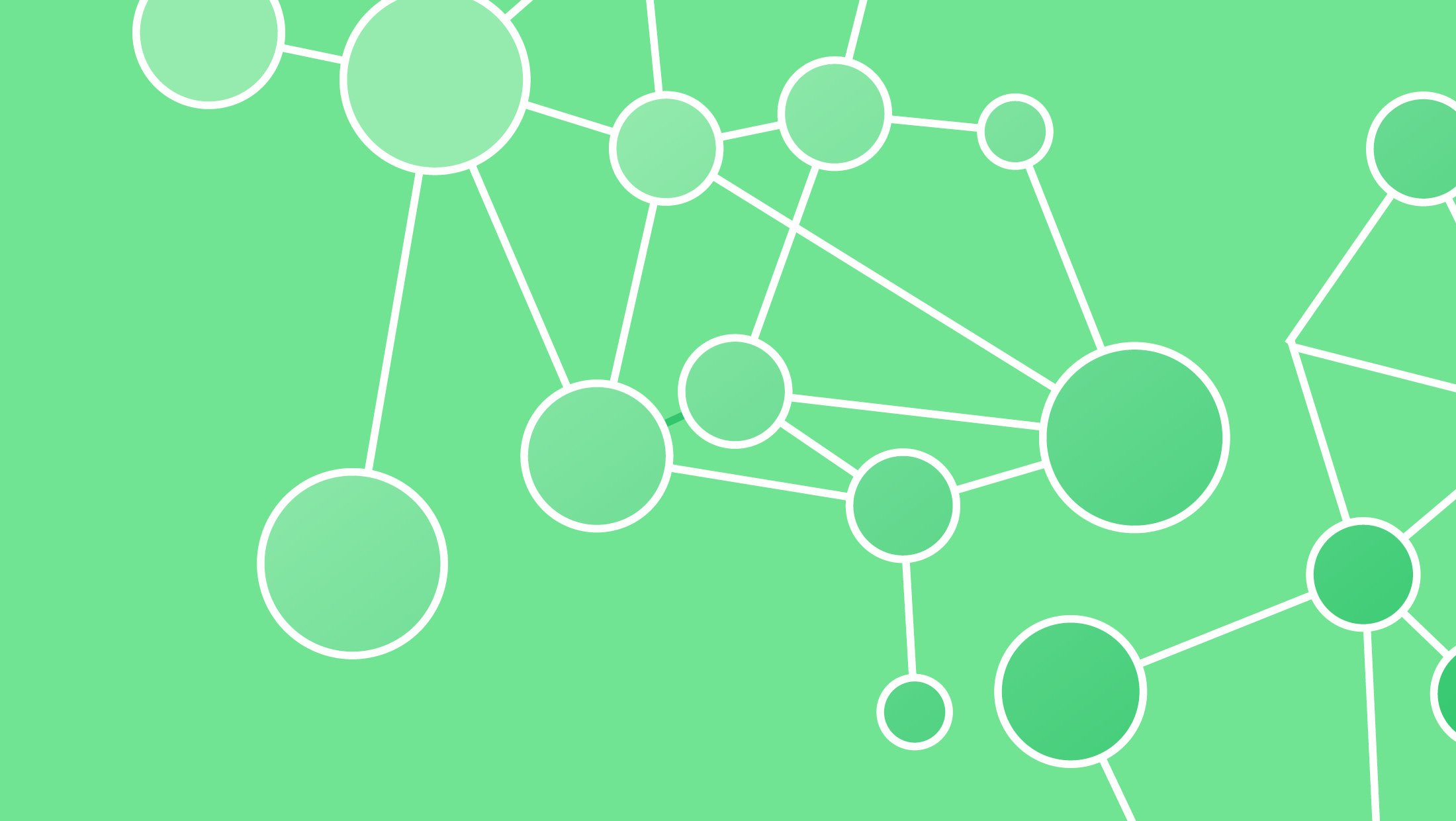What’s next for #AcademicTwitter?
by Janet Salmons, Research Community Manager for SAGE Methodspace
Dr. Salmons is the author of Doing Qualitative Research Online, which focuses on ethical research and writing, and What Kind of Researcher Are You? which focuses on researcher integrity. Use the code MSPACEQ422 for a 20% discount, valid until December 31, 2022.
Twitter Dilemmas!

This Academic Writing Month we have a new challenge. Many of us have found #AcWriMo on Twitter to be a place where we enjoyed support, encouragement, and a friendly way to commiserate with others about the joys and frustrations of doing academic research and writing about it. Twitter has been a place where we’ve shared links to new publications, and learned about each other’s work (and life) events.
Some of us have used Twitter as a research site, observing interactions, collecting data directly, or analyzing the Big Data flow from Twitter API.
All of these activities have been called into question with the recent purchase by Elon Musk and immediate dismissal of management and employees. Of great concern is the lax attitude towards content moderation for hate speech and extremist views. We don’t know yet how it will change, but it is clear that Twitter is changing. Some of us are exiting (I’ve closed my @einterview account) and others are staying and trying to carry on as usual. A number of academics are migrating to Mastodon, or are shifting more of their social media activity to other platforms.
While mulling these changes and potential implications, a post from Dr. Stu Shulman to the Association of Internet Researchers’ email list caught my attention. Stu, an experienced Twitter researcher, raised important questions and brought up troubling trends at play before the Musk transition:
“It’s the voluminous amounts of hate I see in my own research. Also the systemic weaponization of Twitter against democratic systems of
government globally.....
Evolving tactics use Twitter trains (tagging 30 like-minded users), notification-rich replies, the ReTweet functionality, gamification, domestic and foreign meme warfare, the idolatry of influence via misinformation, bots and trolls, as well as paid amplifiers of all manner and variety.
I briefed the US/UK Intelligence Community (staff from the Joint Chiefs, JSOC, etc.) February 12, 2020 via the Strategic Multilayer Assessment using open source information from Twitter. Things have since gotten much worse, not better, since that briefing. ”
I was unfamiliar with some of these tactics and wanted to learn more. I also wanted to share his perspectives with Methodspace readers. Stu was willing to meet, and you can listen to our conversation below. Given that it is difficult to discuss these issues without mentioning the political context for Twitter, keep in mind that the views expressed are our own.
For some background, Stu Shulman is a trail-blazing social media researcher, and the founder and CEO of Textifter, LLC. Dr. Shulman has been the Principal Investigator and Project Director on 10 National Science Foundation-funded research projects focusing on electronic rulemaking, human language technologies, manual annotation, digital citizenship, and service-learning efforts in the United States.
More Methodspace Posts about Online Research
In this guest post, Sage author Carol Rivas explores the current AI capabilities for researching society and culture.
Dr James Abdey discusses the importance of statistical literacy and applications of methodologies to assist researchers in understanding their data and presenting their results clearly, objectively, and with confidence.
Explore our roundup of the Gorilla’s 2024 webinar series to discover invaluable insights on online experimental research. Topics range from setting up experiments to teaching research methods and leveraging advanced tools for creating simulations and multiplayer games.
Dr. Stommel brings clarity to the messy world of data collection on social media.
What are some of the issues researchers face, and what are the experiences of online participants? This collection of open-access articles includes diverse examples and perspectives.
How do you know online participants are who they say they are? This collection of articles explores the issues - and solutions.
The wealth of material available online is irresistible to social researchers who are trying to understand contemporary experiences, perspectives, and events. The ethical collection and -use of such material is anything but straightforward. Find open-access articles that explore different approaches.
How to protect data when recording interviews on videoconference platforms.
The public is exposed to news stories about bad academic research behavior online. How can we counter this narrative and build credibility?
There are lots of questions to consider when using videoconference platforms for scholarly interviews.
Throughout your research journey, leveraging digital tools can be advantageous, aiding you from initial planning to final presentation. Whether you lean towards paper-based methods or embrace a hybrid approach combining both digital and traditional tools, this blog post from Kelly Trivedy offers insights to help you explore and experiment with new tools effectively!
Typically, interviewers are accustomed to using words: we ask questions, we prompt follow-up responses, but the same principles of visual communication are true for research exchanges. Find tips and examples in this post.
Decolonizing research methods means rethinking how we look at participants and problems. In the digital world there are even more ways the European West exerts cultural, economic, and political control. At the same time, the digital world allows researchers to conduct studies across the distances.
Storytelling has been a part of our shared life since the beginning of time. Story-based research approaches are especially valuable when studying sensitive issues or collecting data with vulnerable participants. In today’s digital world we have new ways to share and collect stories in a research context.
Hashtags offer online researchers ways to identify popular topics, trace viral messages, and locate influential thought leaders. Learn more about how researchers use hashtags with this multidisciplinary collection of open access articles.
From the moment social media platforms began to welcome user-generated content, researchers have looked for ways to study it. Learn more with open-access articles about social media platforms.
Do you think about research questions as an insider, outsider, or somewhere in between? Why is positionality important in online research?
Qualitative researchers often collect very personal data, whether in interviews or in narratives, diaries, or other records that depict their experiences. One way to protect their identities is by changing their names, and anonymizing the data.
How can you use data science in social science research? Find an interview with the Oxford Internet Institute’s Dr. Bernie Hogan and lots of useful resources in this post.
Learn about connecting the unit of analysis with the qualitative methodology.
These difficult times present challenges for researchers. Find five original posts by Robert Kozinets about using Netnography to study sensitive topics.
Jessica Lester and Trena Paulus co-edited a December 2023 special issue for the Sage journal, Qualitative Inquiry, “Qualitative inquiry in the 20/20s: Exploring methodological consequences of digital research workflows.” Read the articles and watch a roundtable with contributors. This is the second of two discussions of the special issue.























Informed consent is the term given to the agreement between researcher and participant. In this post Janet Salmons offers suggestions about the intersections of the Internet communications, ethics and participants.